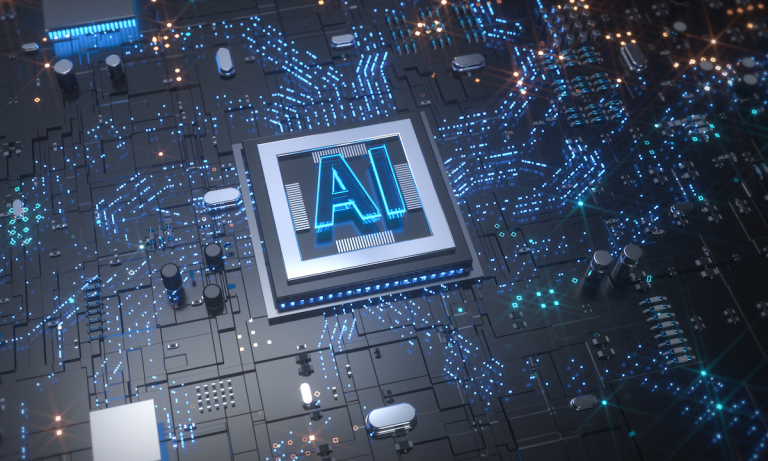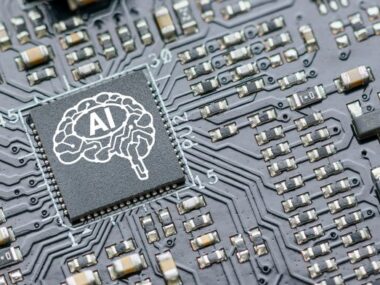If tech investors lose interest in data centers, could AI-powered smartphones help fill the gap in the semiconductor industry?
Doug Lefever, CEO of Advantest, a leading provider of chip-testing machines for Nvidia, believes AI-driven smartphones could help shield the semiconductor sector from a significant decline in data center spending, according to a Financial Times report from December 25.
Lefever suggested that growing demand for AI-equipped phones could offset a potential downturn in data center investments. He is closely monitoring whether major tech companies, such as Meta, Google, and Microsoft, will scale back their data center spending, as these firms build infrastructure for vast computing power.
While any downturn might be brief, the market’s heavy reliance on large companies means that even a slight slowdown in data center construction could significantly impact the supply chain. Lefever acknowledged the cyclical nature of the market, warning that the next downturn could be severe.
On the other hand, while demand for AI-enabled smartphones has been relatively slow, Lefever noted that it could quickly gain momentum.
This shift is explored further in PYMNTS’ recent report, which discussed AI’s growing role in retail, where AI assistants are expected to handle up to 20% of eCommerce tasks, including product recommendations and customer service.
Lars Nyman, CMO of CUDO Compute, commented that AI will revolutionize retail next year by predicting consumer behavior with remarkable precision, enabling highly personalized experiences that might seem unsettlingly accurate.
However, he cautioned that with these advancements, retailers may face challenges, particularly in consumer data privacy. As AI-driven personalization becomes more advanced, shoppers may demand greater transparency about how their data is used, leading to renewed discussions on privacy.











